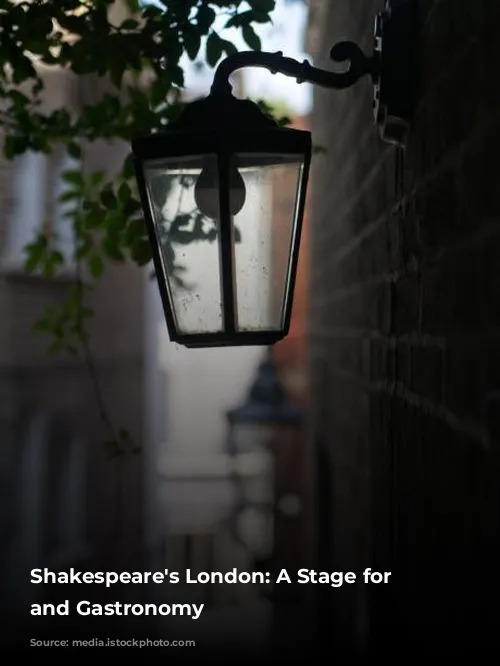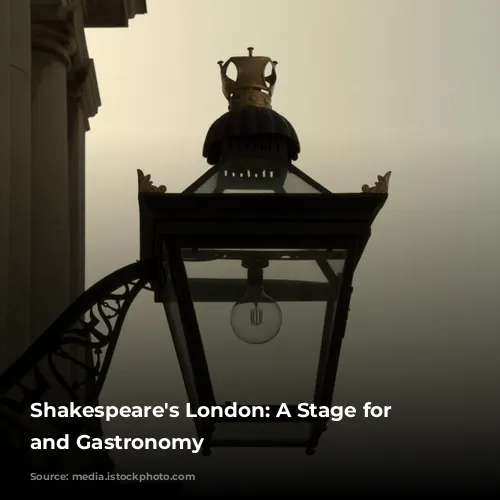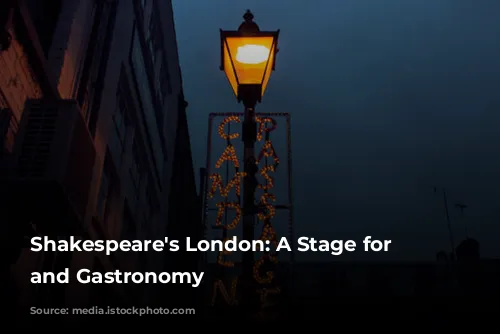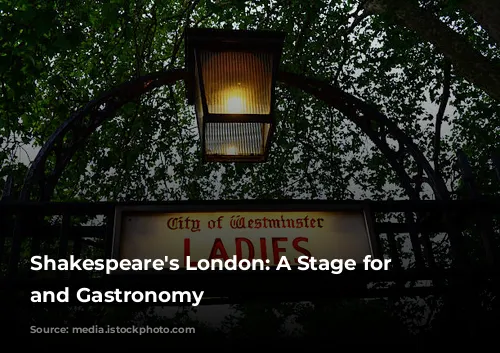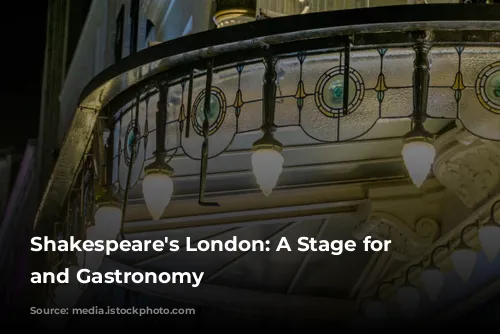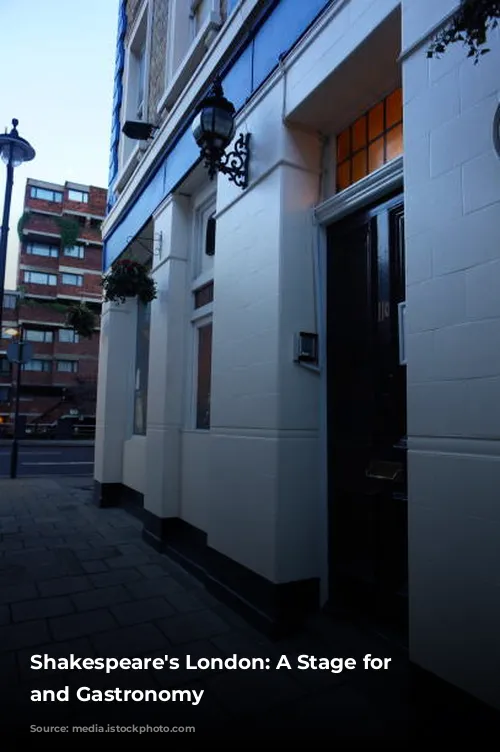Welcome to a journey through time, where the echoes of literary giants mingle with the aromas of exquisite cuisine. We’ll explore the vibrant tapestry of London’s literary restaurants, each a testament to the city’s rich history and enduring love for food.
Get ready to be transported back to the golden age of Elizabethan theatre and revel in the grandeur of Shakespeare’s world. The Globe Theatre, a faithful reconstruction of the original venue, stands as a testament to the enduring legacy of the Bard. But there’s more to this cultural hub than just Shakespeare’s plays; The Swan, a contemporary take on a 16th-century tavern, overlooks the Thames and offers a delectable taste of classic British cuisine. From roast Scottish partridge to Welsh lamb, the dishes are a celebration of local flavors. And for a truly enchanting experience, indulge in one of their Shakespearean-themed afternoon teas, inspired by the timeless romance of “A Midsummer Night’s Dream”.
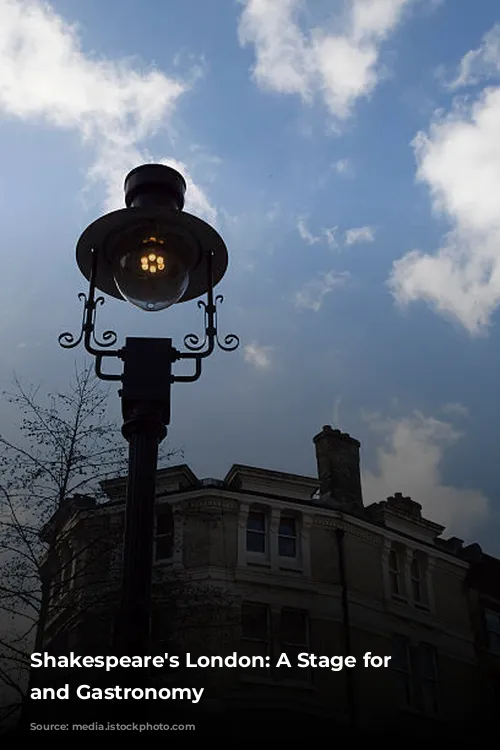
A Toast to Literary Legends
Imagine stepping into a restaurant steeped in history, where the ghosts of literary giants linger over a glass of wine. That’s the magic of Rules, London’s oldest restaurant, established in 1798. Georgian writers once lauded its “porter, pies, and oysters,” and over the centuries, it has played host to a constellation of literary stars, including Charles Dickens, H.G. Wells, and Kingsley Amis. In 1971, John Betjeman, the Poet Laureate, declared Rules “unique and irreplaceable,” a true icon of literary and theatrical London. This timeless establishment has been immortalized in novels by Evelyn Waugh, John le Carré, and Graham Greene, each capturing the essence of its enduring charm. Today, Rules remains a haven of traditional elegance, with its paneled interior, muted lighting, and hearty pies that have stood the test of time.
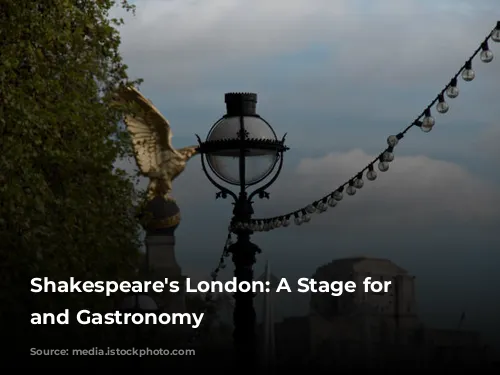
A Seafood Symphony: Scott’s, a Literary Haven
Step into the world of seafood splendor at Scott’s, one of London’s oldest and most celebrated seafood restaurants. Since its humble beginnings as an oyster warehouse in 1851, Scott’s has become a magnet for the city’s elite, a place where culinary delights meet literary history. Novelist Kingsley Amis described its decor as “luxurious to the safe side of vulgarity,” a testament to its glamorous aura. But it’s the connection to James Bond, the literary spy created by Ian Fleming, that truly sets Scott’s apart. It was here, among the oysters and champagne, that Fleming overheard the now-iconic phrase, “shaken, not stirred,” a phrase forever linked to the suave secret agent. Today, Scott’s continues to be a seafood haven, with a menu that spans from caviar and oysters to daily-changing fish of the day and decadent lobster thermidor.
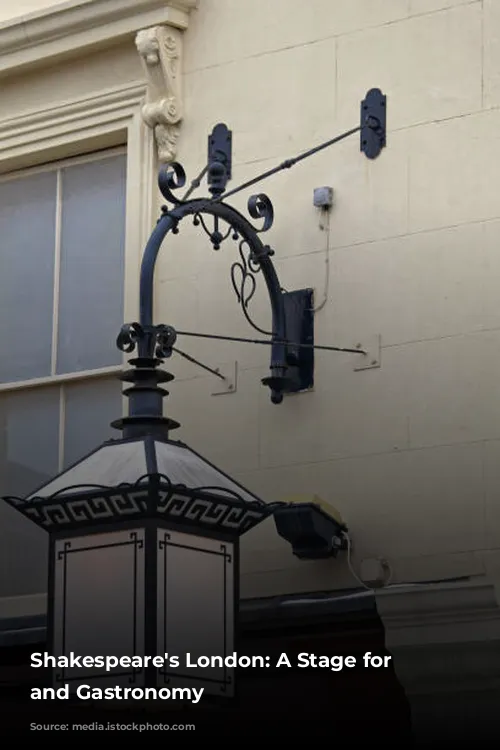
Victorian Splendor at Kettner’s: A Time Capsule of Elegance
Imagine a restaurant that whispers tales of Victorian grandeur and aristocratic elegance. Kettner’s, a series of four Georgian townhouses, opened in 1867 by the private chef of Napoleon III. This stylish haven quickly became the gathering place for London’s elite, attracting the likes of Oscar Wilde, King Edward VII, and Agatha Christie. The restaurant’s Victorian and Edwardian heritage is evident in its decor, with ornate mirrors, floral plasterwork, and a mosaic-tiled floor. Now known as “The Clarence Tavern at Kettner’s”, it serves up seasonal British cuisine with a Mediterranean twist, accompanied by a carefully curated wine list. It’s a popular destination for pre- and post-theatre diners, so reservations are highly recommended.
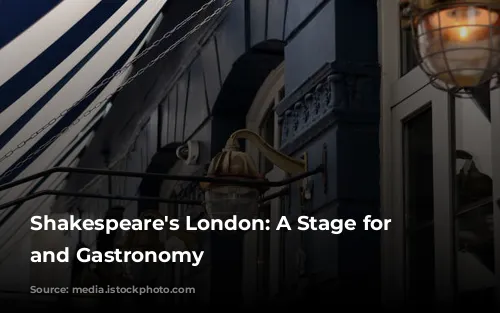
A Taste of Shanghai: China Tang’s Exquisite Cantonese Cuisine
Step into the glamorous world of China Tang, an Art Deco masterpiece housed within the prestigious Dorchester Hotel. The restaurant, inspired by the vibrant atmosphere of interbellum-era Shanghai, is a haven of opulent dark paneling and quirky objets d’arts. It’s a favorite haunt of controversial author Salman Rushdie, and the Dorchester itself has seen literary luminaries like Ernest Hemingway and Ian Fleming gracing its halls. China Tang offers an exquisite journey through Cantonese cuisine, from traditional dim sum to succulent Char Siu pork and the show-stopping Peking Duck, carved ceremoniously at your table. For a more manageable bill, indulge in their Cantonese Afternoon Tea or savor the delicious dim sum.
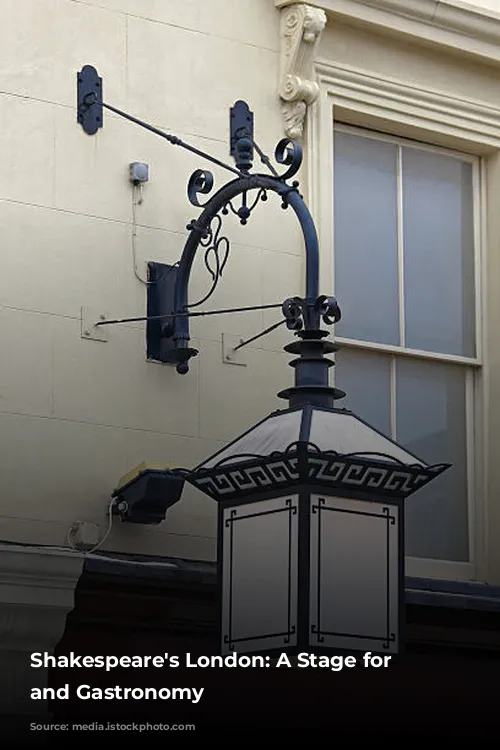
Noble Rot: Where Politics and Gastronomy Collide
Venture into the fascinating history of the Gay Hussar restaurant, a former hotbed of 20th-century left-wing politics. Today, the site is home to Noble Rot, a name that echoes the artsy gastronomic magazine that breathed new life into this historic space. The restaurant retains its 17th-century charm, with preserved period features and triptychs painted by The Guardian’s political cartoonist. The menu features classic Anglo-French dishes, complemented by an extensive wine list. A portion of every bill goes to the House of St Barnabas, a nearby charity.
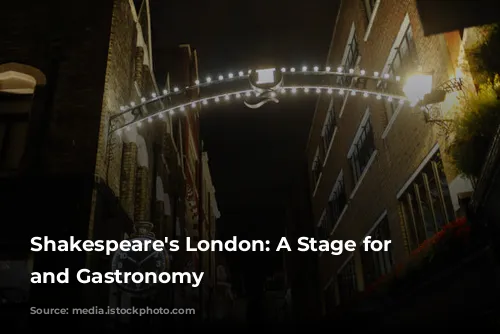
The Langham: A Culinary Meeting of Literary Giants
The Langham, one of London’s grandest hotels, boasts a star-studded guest list that reads like a who’s who of history and literature. Winston Churchill, Charles de Gaulle, Mark Twain, and Noel Coward have all walked its halls. But it was the hotel’s restaurant that played a pivotal role in literary history. In 1889, a dinner was held for Arthur Conan Doyle, Oscar Wilde, and American publisher J.M. Stoddart, who challenged them to write stories for his magazine. That dinner led to the creation of two literary masterpieces: Doyle’s “The Sign of Four” and Wilde’s “The Picture of Dorian Gray”. Today, you can relive this historic encounter with a fine-dining experience or a delightful afternoon tea at Palm Court.
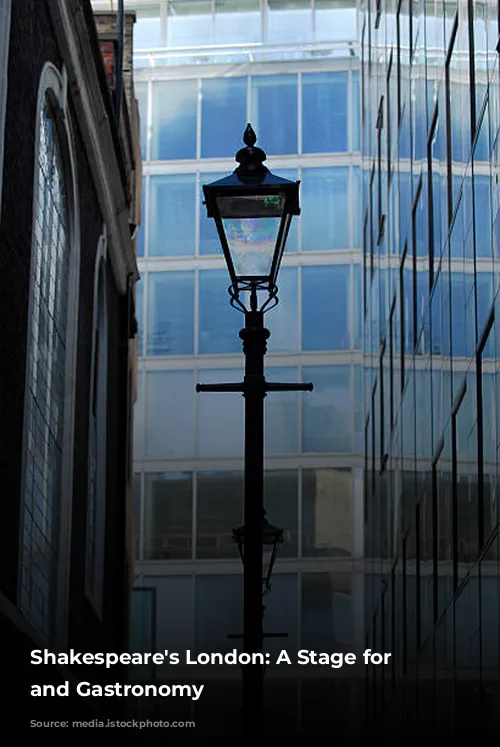
The Sea, The Sea: A Seafood Oasis Inspired by Literary Legend
Nestled in the heart of Sloane Square, The Sea, The Sea pays homage to the literary world with a name inspired by Iris Murdoch’s Booker-prize-winning novel. While the restaurant takes its name from the novel, it’s actually a tribute to the French poet Paul Valéry’s “Le Cimetière Marin,” which Murdoch used as the title for her book. Seafood reigns supreme at this chic venue, which transforms from a contemporary fishmonger and deli by day to a stylish champagne and seafood bar by night. The menu changes daily, featuring fresh catches from UK waters, presented in small plates and stunning shellfish platters. Enjoy your meal with low-intervention wines and craft beers, all sustainably sourced.
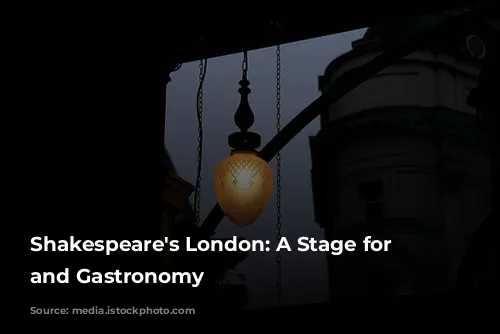
Café Royal: Oscar Wilde’s Literary Sanctuary
Step back in time at the Café Royal, a legendary London institution that has played host to some of the world’s most celebrated writers. In 1865, when French wine merchant Daniel Thévenon and his wife Celestine opened their “Café Royal” on Regent Street, they could not have envisioned the literary legacy it would build. Oscar Wilde made the Grill Room his daily salon, and over the decades, it became a haven for literary luminaries like D.H. Lawrence, Virginia Woolf, W.B. Yeats, and George Bernard Shaw. Today, the Oscar Wilde Bar, named after the iconic writer, offers a special afternoon tea in a restored Grade II-listed setting, with its gilded ornamentation, mirrored walls, and extravagant ceiling murals.
These restaurants are more than just places to eat; they are living testaments to London’s literary heritage, offering a taste of history, elegance, and exquisite cuisine. So, raise a glass to the literary giants who graced their tables, and savor the magic of these unique and unforgettable dining experiences.
